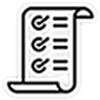Information for the Resume
Gather specific information to write your resume.
Key Components of a Resume:
- Header: You should list your full name, email address, phone number, and, if you would like, your mailing address.
- Objective Statement: This section on your resume is optional. Briefly state your employment goal in one to two sentences.
- Education: You can include your high school and college education, such as school, major/minor, dates of enrollment, and whether you are currently enrolled. You may also include your GPA and other accolades.
- Licensure/Certification/Registrations: You can include your accomplishments, such as awards, club memberships, Dean’s List honors, and board certifications. Don’t forget to list certifications like CPR and First Aid to highlight your qualifications.
- Experience: You should include all relevant work experience that you've gained while working in a specific field or occupation.
- Volunteer Experience: You can include all volunteer experience that will add value to the position you're applying for.
- Skills: This section on your resume is optional. Briefly list your skills that will help you stand out from other candidates.








